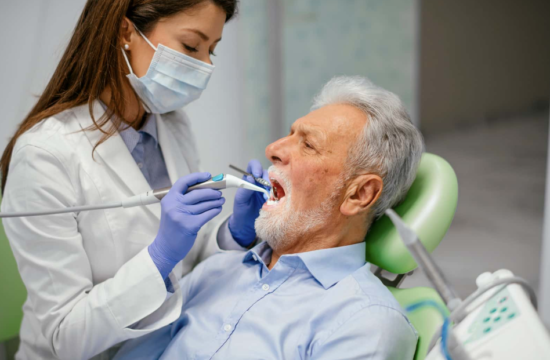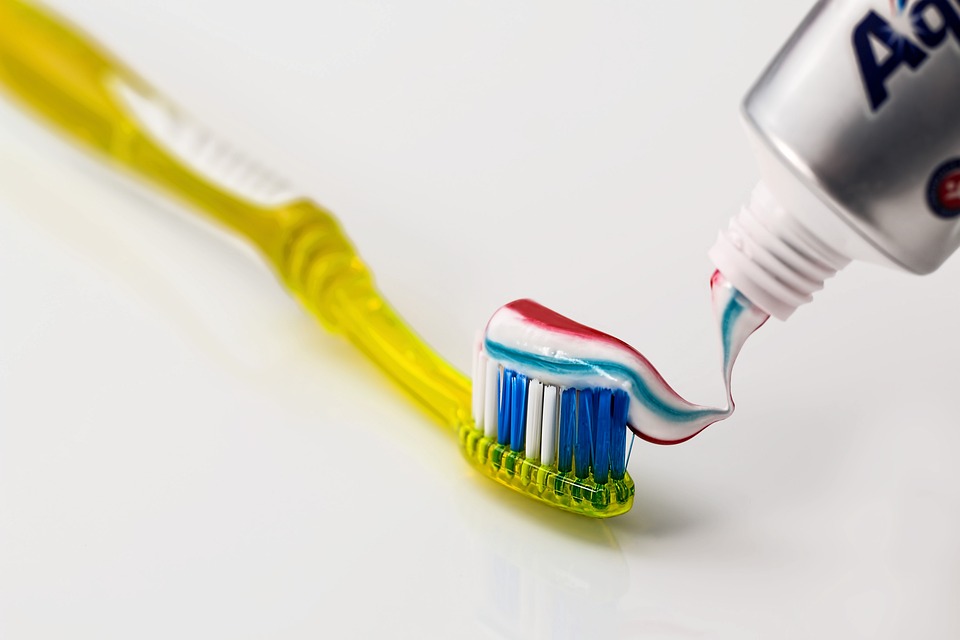The Ultimate Guide to Choosing the Right Toothpaste for Your Dental Needs
Introduction
Choosing the right toothpaste is crucial for maintaining good oral health. With so many options available on the market, it can be overwhelming to decide which one suits your dental needs the best. This comprehensive guide aims to provide you with all the information you need to make an informed decision when selecting toothpaste.
Understanding Dental Needs
Before diving into the details of choosing the right toothpaste, it is essential to understand your dental needs. Different individuals have different oral health issues, and toothpaste can be tailored to address specific concerns. Some common dental needs include:
- Preventing tooth decay
- Reducing tooth sensitivity
- Whitening and brightening teeth
- Fighting gum disease
Identifying your specific dental requirements will help you narrow down your options and select a toothpaste that caters to your needs.
Factors to Consider
When choosing toothpaste, several factors should be taken into account:
1. Fluoride Content
Fluoride is a mineral that helps prevent tooth decay by strengthening the enamel. Most toothpaste contains fluoride, but if you are prone to cavities, it is advisable to opt for a toothpaste with a higher fluoride concentration.
2. Whitening Properties
If you desire a brighter smile, toothpaste with whitening properties can be beneficial. These toothpaste often contain abrasive ingredients that help remove surface stains and polish the teeth.
3. Sensitivity Relief
For individuals with sensitive teeth, toothpaste formulated specifically for sensitivity can provide relief. These toothpaste typically contain ingredients that desensitize the nerves in the teeth, reducing discomfort.
4. Tartar Control
Tartar, also known as dental calculus, is a hardened form of plaque that can contribute to gum disease. Toothpaste with tartar control properties can help prevent the formation of tartar, keeping your teeth and gums healthy.
5. Natural or Organic Options
If you prefer natural or organic products, there are toothpaste options available that use plant-based ingredients and avoid artificial additives. These toothpaste may be a suitable choice for individuals with specific dietary preferences or sensitivities.
FAQs
Q: How often should I brush my teeth?
A: It is recommended to brush your teeth at least twice a day, preferably in the morning and before bed.
Q: What is the correct brushing technique?
A: The correct brushing technique involves holding your toothbrush at a 45-degree angle to your gums and using gentle, circular motions to clean all tooth surfaces.
Q: How much toothpaste should I use?
A: For adults, a pea-sized amount of toothpaste is sufficient. Children under the age of three should use a smear of toothpaste, while children aged three to six can use a pea-sized amount.
Q: Can I use mouthwash instead of toothpaste?
A: Mouthwash is not a substitute for toothpaste. While mouthwash can freshen your breath and kill bacteria, it does not effectively remove plaque and food particles like toothpaste does.
Q: Are natural toothpaste as effective as regular toothpaste?
A: Natural toothpaste can be effective in maintaining good oral hygiene. However, it is important to ensure that natural toothpaste contains fluoride to protect against tooth decay.
Q: How long should I brush my teeth?
A: It is recommended to brush your teeth for a minimum of two minutes each time to ensure thorough cleaning.
Choosing the right toothpaste is a personal decision that should be based on your unique dental needs and preferences. By considering factors such as fluoride content, whitening properties, sensitivity relief, tartar control, and natural options, you can find the toothpaste that best suits you. Remember to brush your teeth regularly, follow a proper brushing technique, and consult your dentist for further advice.
For more information on dental care, you can visit this website.







